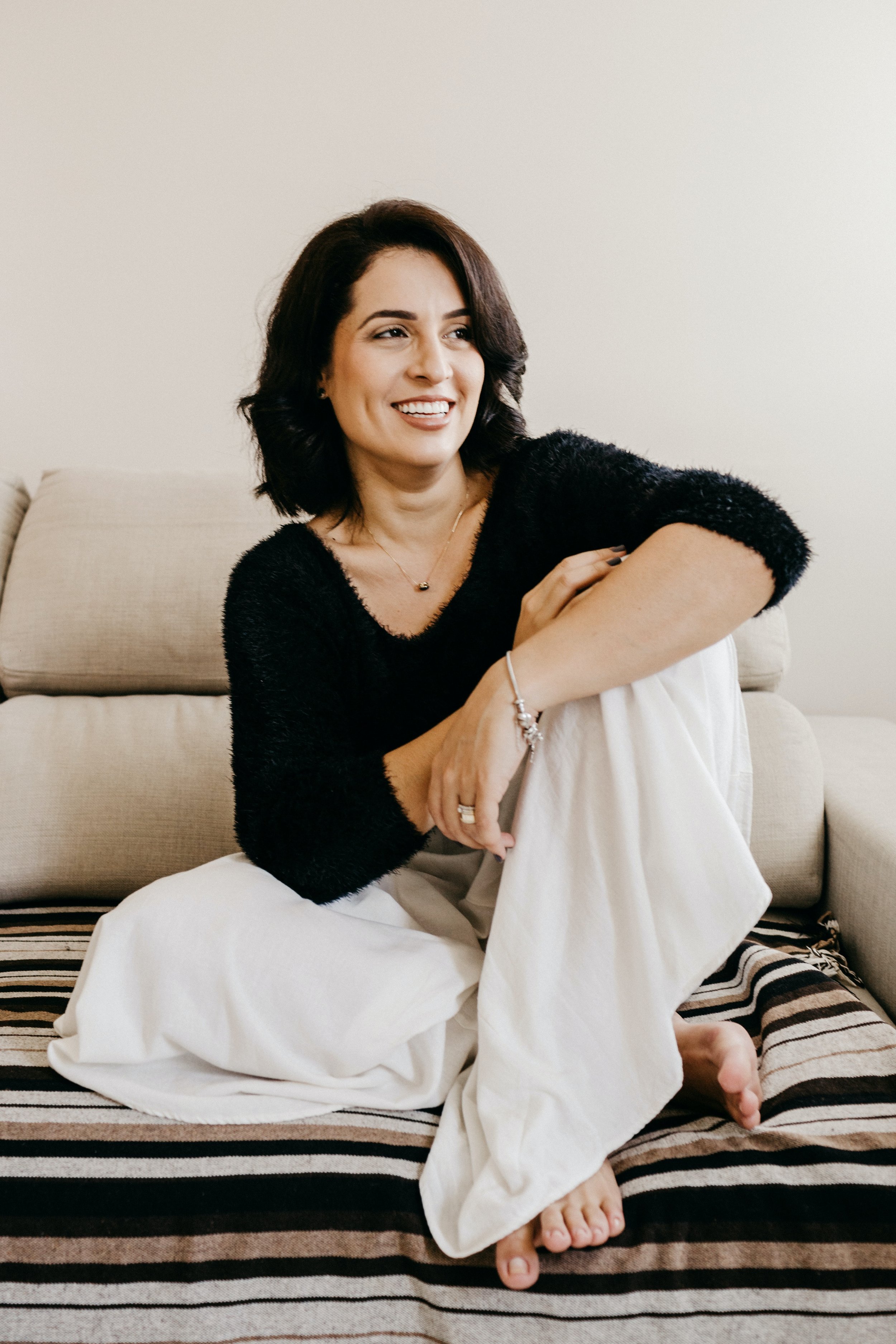Do you experience anxiety regularly?
During my journey with anxiety, I’ve realised it is rarely one single factor that’s causing anxiety. And trying to rid yourself of ALL anxiety, can just make it worse!
There can be many factors that may contribute to increased anxiety. Here are the main ones I have seen in myself and clients, and some of the natural treatments that can help:
HORMONE IMBALANCES
Hormone Imbalances can develop over time due to ongoing stress, dietary choices, contraceptive medications and post pregnancy.
The main hormone imbalances that may contribute to anxiety are
· Low Progesterone
· High Cortisol
· Unregulated blood glucose (or Insulin Resistance)
These hormones can also impact our sleep quality, which can be another factor that contributes to increased anxiety levels.
Naturopath’s can help with testing your hormones and use specific supplements and lifestyle choices to improve hormone balance and anxiety.
NUTRIENT DEFICIENCIES
Our bodies and mind run on nutrients and minerals. If these are deficient, they may contribute to anxiety.
The major mineral that can become deficient, especially with ongoing stress, is Magnesium.
Anxiety and stress usually go hand in hand, and increase our bodies demand for magnesium. When magnesium is low we may experience more anxiety, tension, spasms, cramps, headaches, constipation and insomnia.
There are other nutrients that support brain and mood such as B Vitamins, Omega 3 Oils and Vitamin D, however minerals such as Magnesium and certain amino acids such as glycine, can have more of a calming effect.
EXPECTATIONS AND ENVIRONMENT
Another factor that may contribute to anxiety is not living in alignment with our values and goals. Also if we place high expectations on ourselves, others and situations this may also increase anxiety.
Our beliefs about ourself, and how we perceive situations can also increase stress and anxiety.
Certain environments and people can also contribute to anxiety, as can being a ‘people pleaser’, or not upholding boundaries for yourself.
Can you relate to any of these?
Becoming aware and mindful of these influences, and learning techniques to change them or cope with them, may help you reduce anxiety.
LIFESTYLE
I have used substances in the past, such as alcohol, to try and feel less anxious. While it can seem to help in the short term, alcohol use can reduce GABA especially the day after drinking. GABA is an important calming neurotransmitter, and counteracts the stimulating effects of cortisol (our major stress hormone).
Less GABA can lead to increased anxiety.
Stimulants such as caffeine, can also increase cortisol and feelings of anxiety.
While living a sedentary life is not great for mood and health, doing excessive or intense exercise may also increase cortisol and anxiety.
If you’re an anxious person, you will likely feel calmer and more energetic with low intensity exercise such as walking, cycling and gentle yoga.
The foods we eat also have a huge impact on our mood and nervous system. Including quality protein and fats at each meal helps to keep our blood sugar more stable, and can help us feel less frantic and more grounded. Eating lots of carbohydrates and sugar can exacerbate our experience of stress and anxiety.
NERVOUS SYSTEM REGULATION
If your body and nervous system is constantly or regularly stressed out and over stimulated, you’ll be much more likely to experience anxiety.
Our Sympathetic Nervous System is only designed to be active for occasional short bursts, to get us out of ‘danger’, however many of us live in a constant sympathetic state due to our busy lives.
While our bodies can tolerate this for some time, eventually we will reach burn out and chronic fatigue, among other health issues.
In the short term we’re more likely to feel anxiety, tension, irritability, have trouble sleeping, experience digestive issues and get sick more often.
Our body and mind need time to rest and recharge (our Para-Sympathetic Nervous System). We are not designed to live in a chronically stressed state.
Many daily habits can impact our nervous system such as time spent in front of screens, our self talk, work and family commitments.
We need to actively make time to rest and recharge. Spending time in nature can be a great way to start. As well as learning to say no, and not over committing ourselves.
Learn to practice self care, be kind to yourself and slow down without the guilt – these can also help reduce stress and anxiety.
It’s normal to experience some anxiety in times of stress, but if anxiety is regularly affecting your quality of life, there are natural treatments that can help.
A Naturopath can help you assess which of these factors are most significant to your experience of anxiety, and help you feel calmer with the right tests, supplements and lifestyle changes.
If you would like to learn more about how to improve your Energy, Mood and Hormones - check out my Free Guide here.
To find out more about working together to improve your health - click here.




